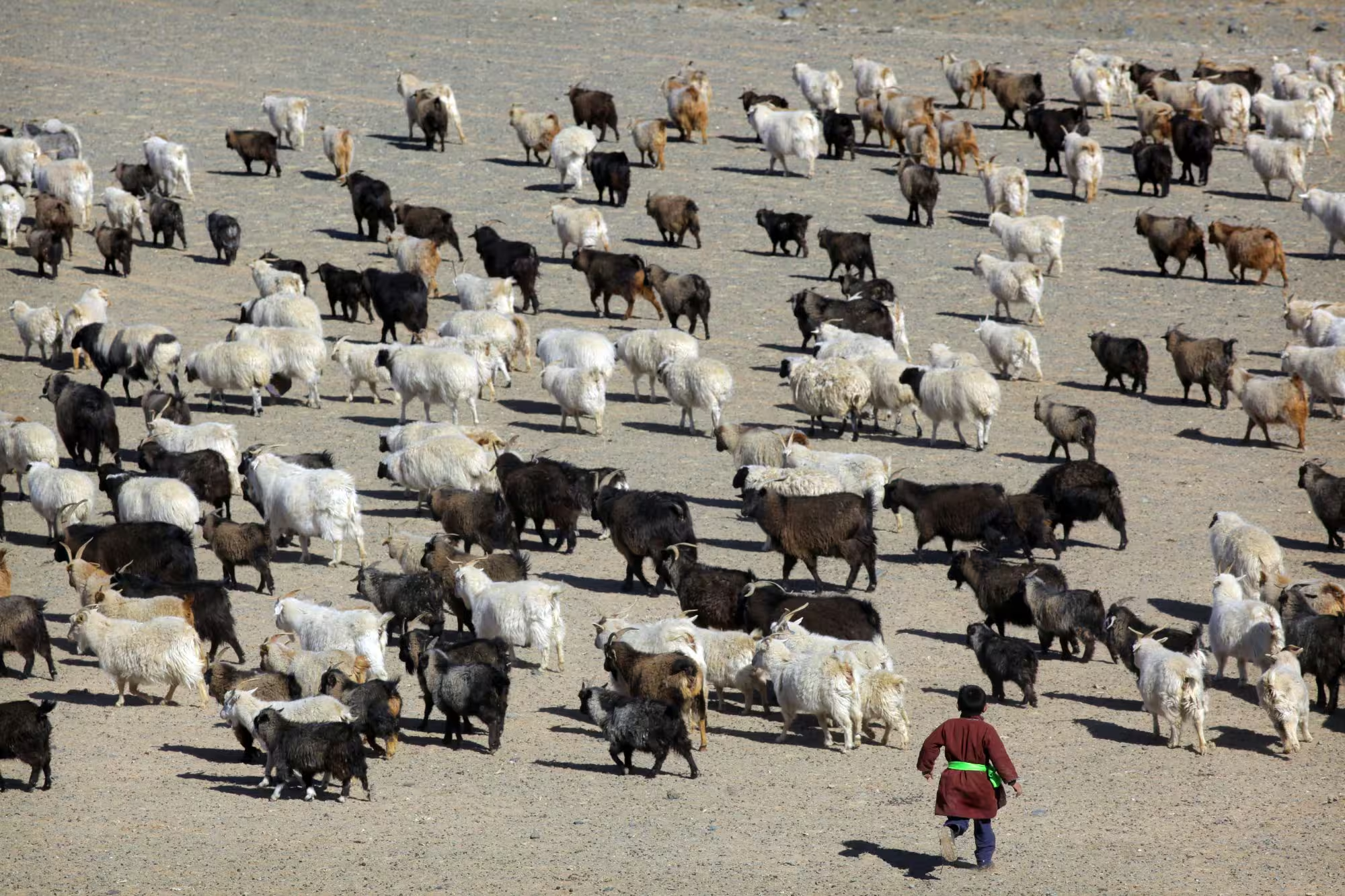Trading Mongolia’s Sovereign Meat: the Social Transformations and Everyday Geopolitics of the ‘Livestock Revolution’

While its mining-driven GDP growth figures in 2011-2014 were among the highest in the world, Mongolia is now experiencing the full effects of the so-called ‘resource curse’. Corruption and mistrust are prevalent, its international financial reputation is damaged, and the domestic economy struggles through ongoing challenges. One sector, however, still appears promising to policymakers is the livestock that now graze Mongolia’s vast pasturelands in record numbers. The Mongolian government and international donor organizations are promoting meat export as a key industry for development in order to halt the rural exodus, and reduce stocking rates, thereby combatting grassland degradation. They also aim to generate new employment opportunities for the newly marginalised peri-urban population.
The project seeks to study how herd animals are transformed into commodities, how these commodities are made to circulate both within Mongolia and across its borders, and the political effects of these processes. It aims to examine how a range of actors navigate the post-socialist revival of an export-oriented meat industry, study the efforts to establish a legal framework and standardise meat production, and thus uncover the effects of the livestock revolution from the margins of the world economy. The project will be of interest to the general public, especially those concerned with questions of food systems and sustainability, the future of Inner Asian mobile pastoralism, and the geopolitical tensions that are accompanying China’s rise. Moreover, the project will also be of direct benefit to researchers from a range of disciplines, and interest the growing number of stakeholders with a focus on the region, in particular policymakers in the UK and abroad, development banks, and NGOs.
